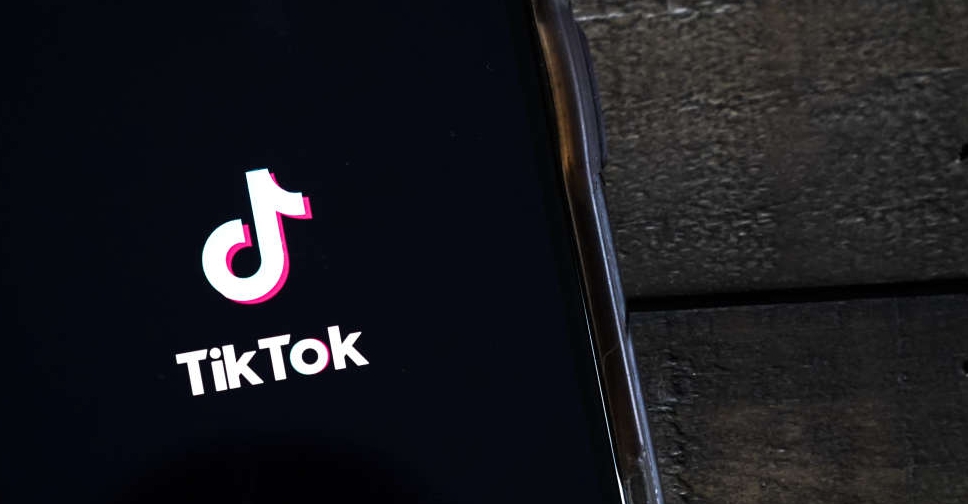
Indiana sued Chinese-owned short-video sharing app TikTok on Wednesday over allegations that it is deceiving users about China's access to their data and exposing children to mature content.
The office of Indiana Attorney General Todd Rokita, a Republican, said the popular app, owned by ByteDance, violates the state's consumer protection laws by not disclosing the Chinese government's potential to access sensitive consumer information.
TikTok also deceived young users and their parents with its age rating of 12-plus in Apple's AAPL.O and Google's GOOGL.O app stores, Rokita's office said in a complaint filed on Wednesday. The complaint added that inappropriate related content can easily be found and are pushed by the company to children using TikTok.
Indiana said its actions were the first of its kind by a U.S. state. Rokita is seeking emergency injunctive relief and civil penalties against the company.
A spokesperson for the video sharing app said it did not have a comment on the pending litigation.
The legal action was first reported by the New York Times.
Also on Wednesday, Texas Governor Greg Abbott said he ordered all Texas state agencies to ban TikTok on government-issued devices. Abbott tweeted that the Chinese Communist Party poses a growing threat to U.S. cybersecurity.
The actions by Indiana and Texas followed an emergency directive issued a day earlier by Maryland Governor Larry Hogan that prohibited the use of TikTok on state government devices and networks.
South Dakota Governor Kristi Noem last week signed an executive order barring state employees and contractors from installing or using TikTok on state-owned devices and South Carolina Governor Henry McMaster on Monday asked a state agency to ban TikTok from state government phones and computers.
TikTok has said the concerns prompting state bans were largely fueled by misinformation.
Last month, FBI Director Chris Wray said TikTok's U.S. operations raised national security concerns, flagging the risk the Chinese government could harness the video-sharing app to influence users or control their devices.
Former President Donald Trump in 2020 attempted to block new U.S. users from downloading WeChat and TikTok, which would have effectively blocked the apps' use in the United States, but lost a series of court battles.
President Joe Biden in June 2021 withdrew Trump's executive orders that sought to ban the downloads and directed the Commerce Department to conduct a review of security concerns posed by the apps.




 UAE, India, Sri Lanka sign deal to develop Sri Lanka into energy hub
UAE, India, Sri Lanka sign deal to develop Sri Lanka into energy hub
 EU seeks unity in first strike back at Trump tariffs
EU seeks unity in first strike back at Trump tariffs
 UK's Jaguar Land Rover to halt US shipments over tariffs
UK's Jaguar Land Rover to halt US shipments over tariffs
 US starts collecting Trump's new 10% tariff
US starts collecting Trump's new 10% tariff
 Nasdaq set to confirm bear market as Trump tariffs trigger recession fears
Nasdaq set to confirm bear market as Trump tariffs trigger recession fears



